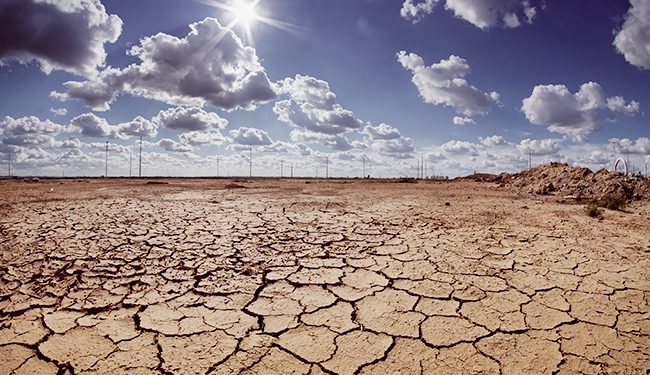Over 2 million Kenyans are facing acute food insecurity in the next six months, following prolonged droughts in parts of the country, the International Rescue Committee, a global humanitarian aid, relief, and development nongovernmental organization has warned.
The organization attributed the biting drought to the poor rainfall and low crop production.
Mohammed Hussein, the country director of the International Rescue Committee Kenya, said the current drought situation is reminiscent of the great famine experienced in 2011.
“We are very concerned about the growing humanitarian needs as people move out of their hometowns in search of places closer to water sources,” Hussein said.
“Livestock are dying and men, women and children are going hungry and thirsty. Across the eastern and southern parts of the country the rains received in June were as little as 51 percent of what is expected.”
Lamu, Turkana, Isiolo, Marsabit, Samburu, Garissa, Wajir, Tana River, Kilifi and Taita Taveta counties received as little as 26 percent of normal rainfall.
Hussein said household stocks are up to 66 percent below average for all crops with the situation being worse in the coastal region.
“High food prices coupled with declining livestock prices have negatively impacted households’ ability to buy basic necessities,” he said.
“Earlier than normal migration of up to 60 percent of livestock mainly in search of pasture and water has intensified insecurity and conflict as well as the high risk of livestock diseases.”
Hussein termed climate change as the main driver of the erratic and recurring droughts, attributing it also to the recent desert locust infestation that caused widespread food insecurity in the East African region.
He warned that the rising temperatures and changing rainfall patterns are likely to exacerbate the spread of vector-borne diseases such as dengue and malaria.
“We must prepare for future climate emergencies, with communities given financial support and decision-making power. Local leaders, smallholder farmers and livestock herders already have the knowledge and experience necessary to confront this crisis,” Hussein said.









